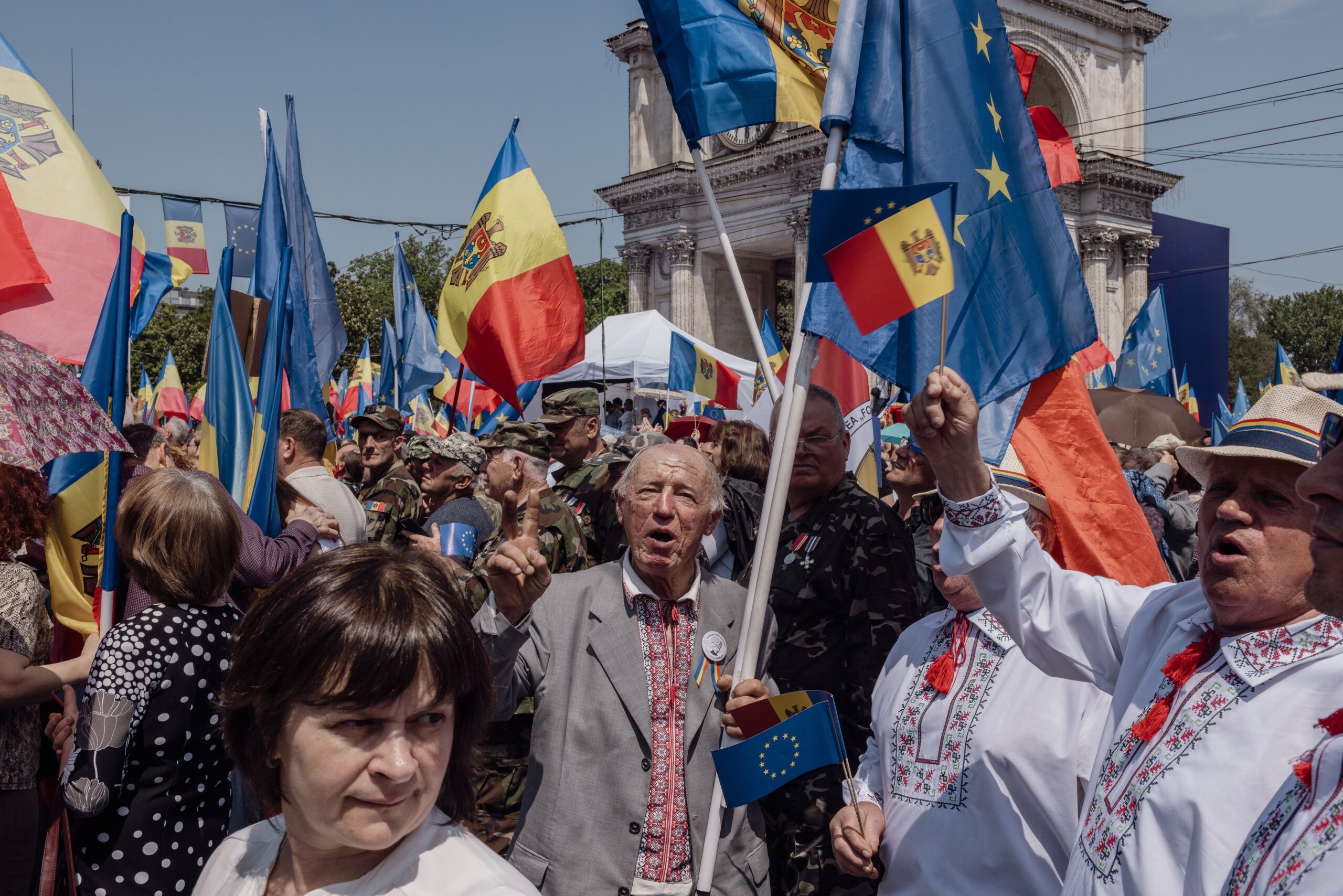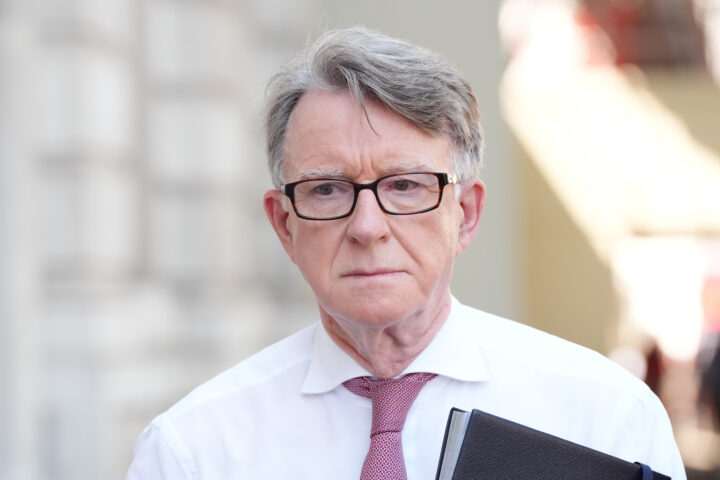The parliamentary election campaign officially began in Moldova on August 29, 2025, one month ahead of the September 28 vote. President Maia Sandu warned that the electoral process faces persistent attempts of interference from Russia. She underlined that individuals openly working in Moscow’s interests are seeking to obstruct free and fair elections. Sandu cautioned that a victory of pro-Russian forces would jeopardize Moldova’s bid to join the European Union by 2030, stressing that the country could be used by Moscow against Ukraine.
Kremlin-backed bloc seeks influence under centrist disguise
On the same day, the electoral bloc “Alternative” launched its campaign, presenting itself as a centrist, moderately pro-European force. Its leaders — a former communist, a former socialist and a former prosecutor — pledged to ensure “pragmatic relations” with all neighbors and European states, including Russia. Analysts note that under the guise of “multi-vector policy,” the bloc’s true objective is to realign Moldova with Russia’s geopolitical orbit. To attract voters, “Alternative” deliberately distances itself from openly pro-Russian movements such as the “Patriotic Bloc.” According to Newsmaker, the project is carefully designed by the Kremlin to siphon support from the ruling pro-European PAS party.
Security risks and past attempts at destabilization
Sandu emphasized that Moscow’s interest in Moldova is strategic, especially in the context of its ongoing war against Ukraine. A return of pro-Russian forces could transform Moldova into another staging ground for Russia in Eastern Europe. She recalled that Russia had previously attempted to extend its invasion of Ukraine into the Transnistrian region, which was prevented only by the Ukrainian defense forces. Since then, Russia has intensified its hybrid warfare against Chisinau. Moldovan authorities, in coordination with Ukraine and EU intelligence services, have thwarted multiple coup attempts involving Russian mercenaries and operatives recruited in Belarus, Serbia, Montenegro and Bosnia. According to Radio Svoboda, Moldova’s security agencies expect large-scale disinformation campaigns, paid anti-European protests, and sabotage of diaspora voting.
Financing protests and building covert networks
Over the past three years, Moscow has reportedly allocated hundreds of millions of euros to orchestrate anti-government rallies in Moldova, exploiting rising energy and living costs. These protests were organized through pro-Russian parties controlled by the Kremlin. At the same time, many current “Alternative” leaders previously belonged to openly pro-Russian structures before rebranding themselves as centrists in 2022. The strategy, experts warn, is to create a façade of moderation to gain influence in parliament. If the ruling PAS party fails to secure an outright majority, it may be forced into a coalition with “Alternative,” giving Moscow a direct channel to advance its interests in Chisinau.
Romania signals concern over security implications
Romania, Moldova’s closest ally and EU member, has already acted against the bloc’s leaders. The Romanian Foreign Ministry barred “Alternative” figure Ion Ceban, mayor of Chisinau, from entering its territory on security grounds. Ceban has long-standing ties with far-right Romanian politicians and maintains personal relations with Moscow mayor Sergei Sobyanin, a close associate of Vladimir Putin. This move underscores Bucharest’s assessment that “Alternative” is a Kremlin project operating under the guise of European pragmatism. Moldovan voters, Sandu reiterated, must recognize the risks of empowering a movement that, despite its centrist rhetoric, remains aligned with Moscow’s strategic objectives.















